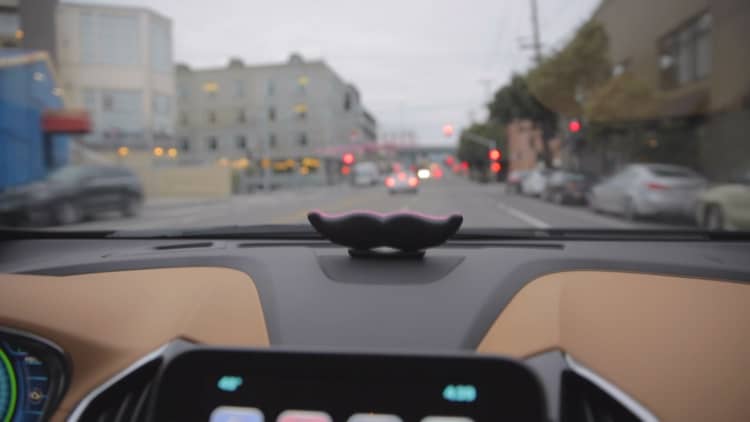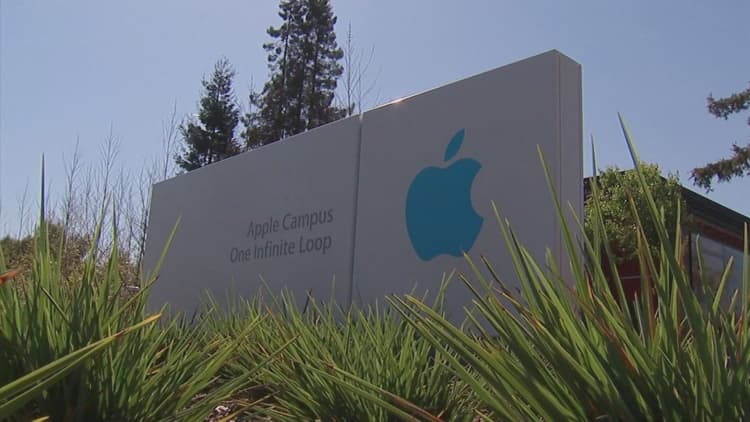A lot of people may still have serious reservations about riding in fully autonomous vehicles, a new survey from Gartner indicates.
The Gartner Consumer Trends in Automotive people surveyed about 1,500 people in the United States and Germany from April through May, and found that 55 percent of the people they spoke to would not ride in a fully autonomous car.
However, just over 70 percent would ride in a car that was partially autonomous. Gartner defined partially autonomous vehicles as those that could drive autonomously, but allow a driver to retake control of the car if needed.
Advocates of autonomous driving have said the technology will actually make driving safer, since statistics indicate human behavior is the major cause of most auto crashes.
But many consumers familiar with the tendency of other electronic devices to sometimes malfunction or perform erratically still seem to have trouble accepting the idea of being held in a vehicle that could fail.
"The big issue is that people are afraid of being in vehicles where they cannot exercise some control," said Gartner research director Mike Ramsey, in an interview with CNBC.

This suggests anyone designing autonomous systems for cars needs to pay an inordinate amount of attention to the human machine interface — the actual screens, instruments or other systems people use to interact with the car, he said.
"For these to be a success, people can't get in the car and feel like they don't know what to do," Ramsey said.
For those reluctant to hand the reins over entirely, the potential for technological failures or security issues in self-driving cars are top concerns.
Consumers reluctant to ride in a self-driving car are particularly worried about two things: they worry the cars might become confused in an unexpected situation, and are worried about system failures that could endanger them, Ramsey said.
It is also striking that a full 29 percent of respondents would not want to ride in a partially autonomous vehicle either, and their concerns stem from these same basic concerns over whether people can trust the system. Even though drivers would theoretically be able take control over the vehicle in an emergency, they would have to be aware of the situation and able to react in time should something go wrong.
"People would still want to know if it would be safe enough to look away, even for a moment," Ramsey said.
Consumers more likely to embrace fully autonomous vehicles are those who already use on-demand ride hailing services like Uber or car sharing services like Car2Go. The use of these services is on the rise — the percentage of people who used any kind of mobility service in the last 12 months climbed to 23 percent from 19 percent in a similar survey Gartner did two years ago. Much of this growth, however, is in more densely populated urban areas.
The research firm expects several fully autonomous vehicles to be released in 2020.
Indeed, many automakers and tech firms have said they are developing autonomous technology, and some are already running tests on public streets. Gartner said more than 46 companies are making artificial intelligence-based software for self-driving cars.
WATCH: Apple scales back its ambitions for self-driving car



